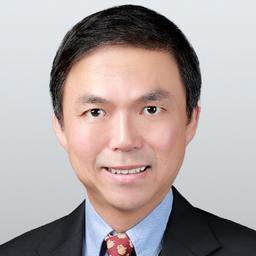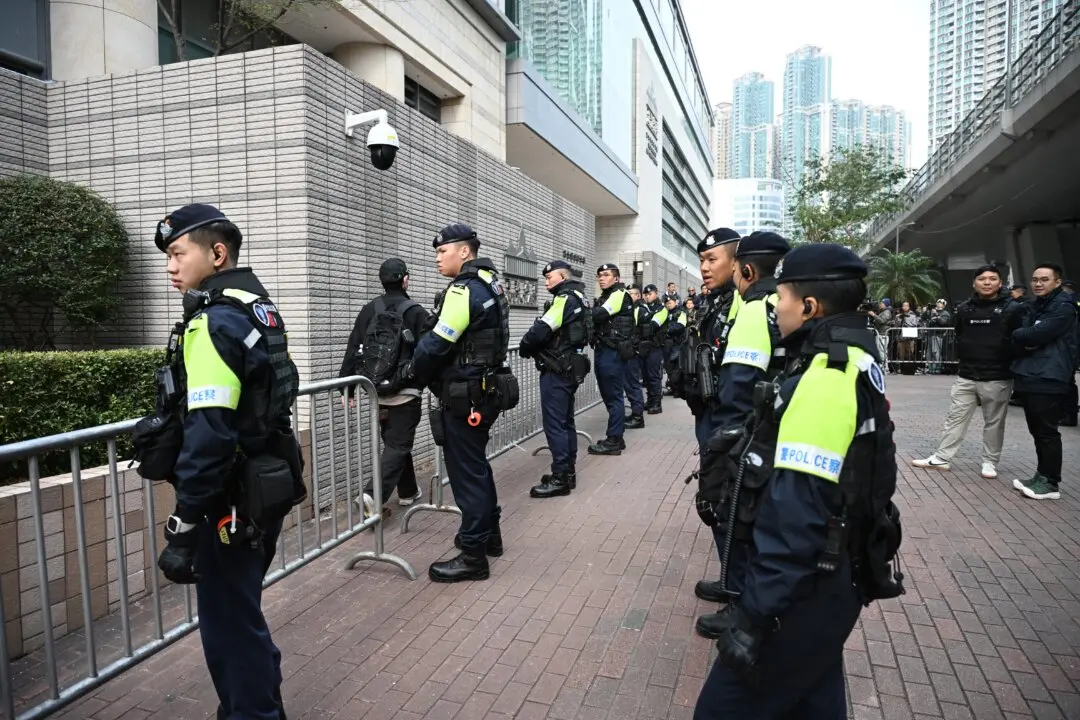Commentary
In June 2021, just days before I embarked on a one-way Air Canada flight, I stood on the threshold of the Dr. Sun Yat Sen Museum in mid-level Hong Kong. The museum was a mere ten-minute walk from my office in Central, yet it felt like a portal to another era, a time capsule that transported me 140 years into the past. It was a poignant moment of reflection, a chance to delve deep into history, and a vivid reminder of the relentless struggle for freedom and democracy in Hong Kong.





